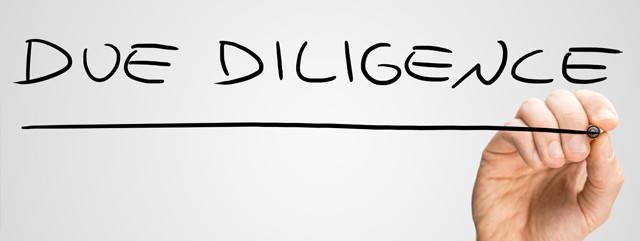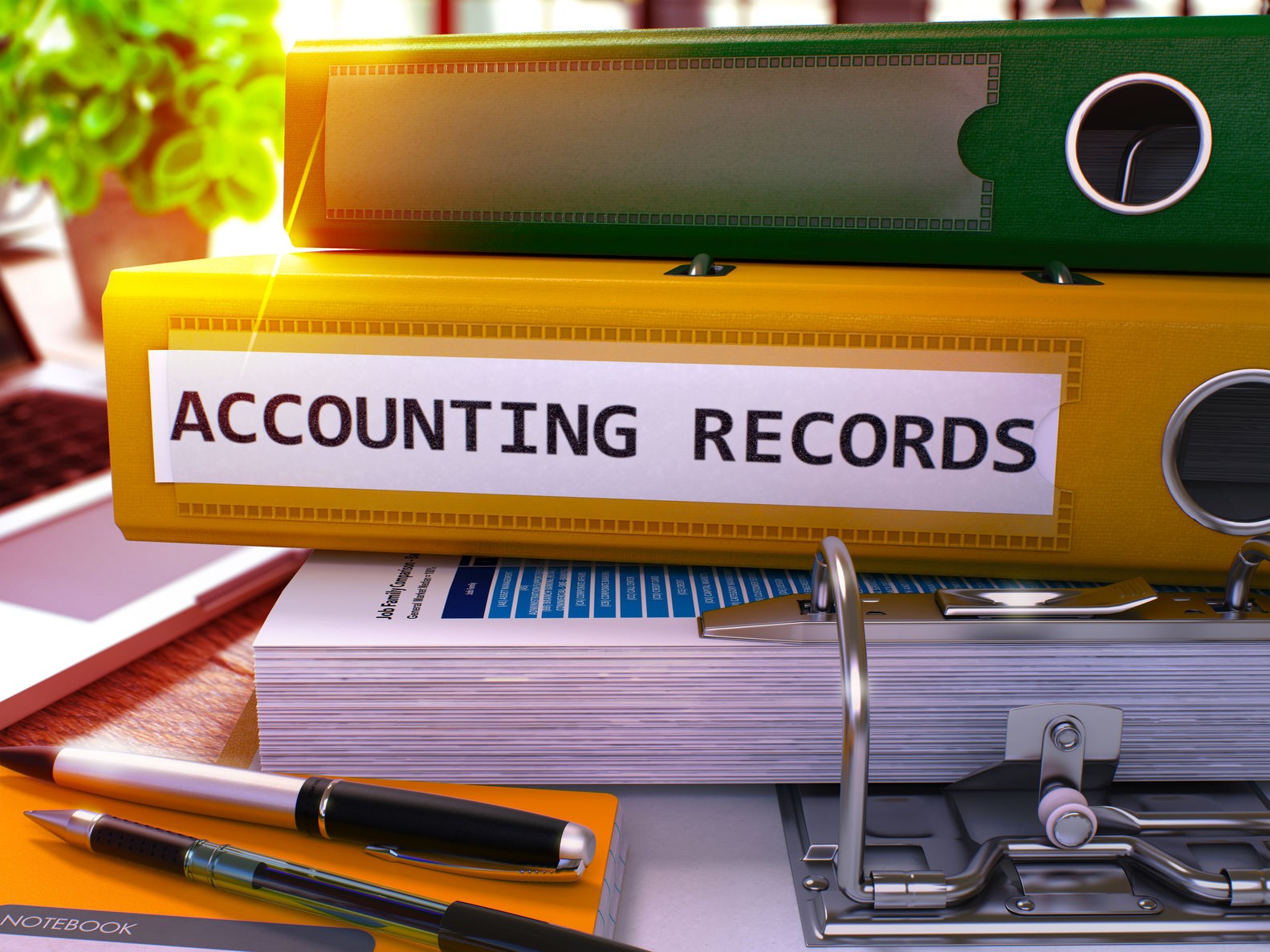Preparing to Purchase a Self Storage Facility, Part 5:Due Diligence Items

When creating a Purchase and Sale Agreement, in order to purchase a self storage property, consideration for due diligence is extremely important. Without the proper documents and amount of time in place to evaluate a property, it is very hard to proceed with a sense of confidence in buying the property. On the other hand, if you ask for too many documents or documents that simply aren’t necessary, then a seller may spurn your offer. A broker who specializes in the sale of self storage properties will be able to make recommendations to you and your legal counsel on reasonable due diligence document requirements.
Due diligence is the designated period of time that’s registered on the Purchase and Sale Agreement (PSA), in which the buyer is able to examine the site and supporting documents to allow for a buying decision to be made. Typically, there are two deposits required in most transactions between a buyer and seller. The first deposit is fully refundable and this deposit is due once the PSA has been signed by both parties. Once the designated due diligence time period expires, the first deposit usually becomes non-refundable and a second, non-refundable deposit would be due to initiate the closing period. If you use due diligence as a time to search for flaws in the property, with the goal of receiving a price reduction, you may frustrate the buyer and your offer may be declined. We have witnessed many sellers choose a more accommodating buyer, at a lower price, in order to guarantee a smooth, fast and fair selling process. First time self storage buyers should lean on the self storage real estate broker for guidance as to which materials to collect and the time needed to properly review them.

- Profit & Loss statements for preceding two years
- Year-to-date Profit & Loss statement
- Tax returns for preceding two Years
- Copy of latest insurance binder
- Copy of past title insurance binder (if available)
- Property tax bills for the last two years
- Rent roll with:
- Unit number
- Unit size
- Rent amount
- Date of last increase
- Move in date
- List of delinquent tenants
- List of personal property to be included in the sale
(computer, snow plow, lawnmower, office supplies, etc.) - Sample copy of rental agreement/lease
- Copies of all contracts relating to the property, including:
- Yellow pages
- Pest control
- Trash
- Snow plowing
- Landscaping
- Website hosting
- Digital advertising
- All other contracts (varies by property)
- Copies of latest utility bills
- Manager’s employment contract
- Full size site plan/survey (if available)
- Copy of building plans (if available)
- Copies of letters and/or permits showing municipality’s approval of use
- Copy of all environmental audits (if available)
Keep in mind, some of these items may not be available for any number of reasons. That is not a strong indicator that the seller is trying to “pull one over” on you. Many self storage facilities are owned and operated by “Mom & Pop” operators, who may not have management software, monthly profit and loss statements, site surveys or signed vendor contracts in place for the property. You will want to discuss the importance of receiving non-deliverables with the listing broker. A few documents are absolute deal breakers. It would be foolish for a buyer to purchase a self storage facility at its stabilized value with no historical financials to use as a base for their pro forma financials. Many documents are not deal breakers, however, and may require more extensive auditing of the site in person before the end of due diligence.
Our brokerage team is happy to help you achieve your investing goals. If you are ready to buy a self storage property, you can contact us today and we’ll get you on the path to success.

